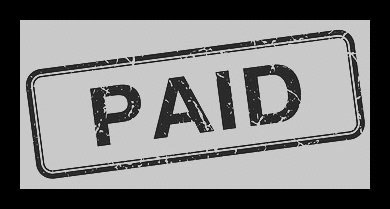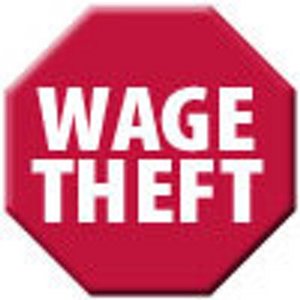Too often, employers take advantage of their employees, with the employer typically leveraging its superior knowledge of the law. Employees forced to resort to legal action against their employers often face powerful and sometimes obstructive employers, but also benefit by representation from fierce attorney advocates who have the employee’s best interests in mind. Unfortunately, a recently announced U.S. Department of Labor’s (“DOL”) program may end up hindering employees’ ability to have their day in court with the aid of their chosen advocate.
On March 6, 2018, the DOL’s Wage and Hour Division announced a six-month pilot initiative referred to as the Payroll Audit Independent Determination (“PAID”) program. The PAID program will allow an employer to conduct self-audits of their payroll practices and voluntarily report underpayments to the DOL which, in turn, will supervise the back wage payments. Yet to be tested, the new program is touted as a way for employees to receive the wages they are owed faster without having to wait for litigation and as a means of correcting an employer’s underpayment of wages to employees.
However, the PAID program potentially harms employees more than it will help them. The settlements that the DOL supervises do not mandate liquidated damages. Liquidated damages are an amount paid in addition to unpaid wages. The purpose of liquidated damages is to discourage employers from unlawfully withholding wages, only to pay them if they get caught; in which case the employer essentially enjoys a consequence-immune interest-free loan. Under the apparently employer-friendly PAID program, employers may be able to do a low cost review, and have the DOL approve repayment of back wages without further liability, and without the fierce legal advocate acting on behalf of the employee. Further, employees who submit to this route for reimbursement of their owed wages will give up their right to bring a lawsuit against their employer for the payment of unpaid minimum wages or unpaid overtime compensation.
The National Employment Law Project, a worker advocacy group, said it opposed the program. Judy Conti, a federal advocacy coordinator for the National Employment Law Project, said the PAID program is an effort to “stack the deck in favor of employers” and acts as a “get out of jail free card” for them.
Note that the program cannot be invoked when the violation is already at issue in litigation, in arbitration, or already under investigation by the DOL/WHD. Also, remember that wage and hour claims under the FLSA are typically subject to a two year statute of limitations, which can only be extended to three years under certain circumstances.
If you feel that you are not being properly paid wages you have earned, call Barkan Meizlish DeRose Cox, LLP for a free consultation at 800-274-5927. You may have a viable claim and we can help you determine the best course of action.
(Advertising Material: This Notice is for informational purposes and should not be construed as legal advice).



